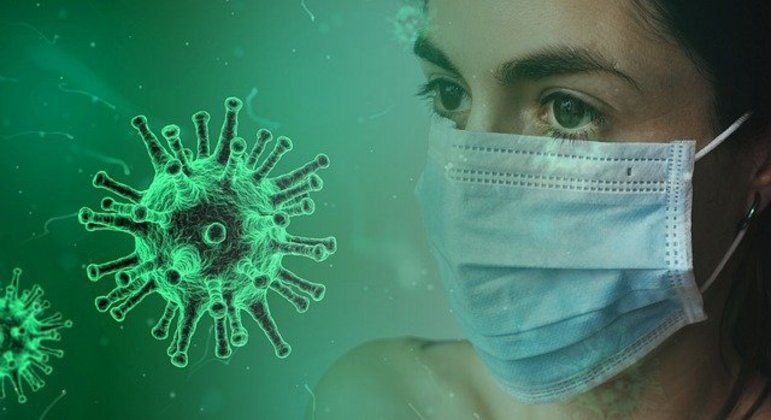The transmission capacity of the Delta variant is even greater among people vaccinated against covid-19, according to geneticist Renan Pedra, professor of genetics at UFMG (Federal University of Minas Gerais). It is worth noting that vaccines prevent the disease, but it has not yet been scientifically proven that they prevent transmission or infection by the coronavirus.
“Let’s take England as an example, which already had very high vaccination coverage, but they saw that people are still getting infected. Vaccines continue to protect against severe cases, but it seems that the Delta variant increases the chance that the infection will be successful”, explains Pedra.
Last week, the United Kingdom, where the strain is already dominant, registered the largest number of new cases of covid-19 the last six months and a 53.2% increase in hospitalizations, even with more than 52% of the population vaccinated with both doses.
Pfizer already plans to propose a booster dose of your vaccine anticovid to increase protection against the Delta variant. The pharmaceutical’s scientific director, Mikael Dolsten, said the fall in the vaccine’s effectiveness, from 95% to 64%, recently reported in Israel, was mainly in people who were vaccinated in January or February of this year.
The geneticist also emphasizes the importance of mass testing and the need to analyze these samples in Brazil, so that new variants are discovered and contained before they spread through community transmission.
“Otherwise we will only discover that the variant is circulating when it has already reached an extremely high level and then, perhaps, it has changed the profile, or some clinical characteristic of covid-19”, he says
In addition, he points out that, due to the little testing carried out in Brazil, it is not possible to mention how many people have actually been infected by the Delta variant in the country.
“If testing as little as we do, we’ve already found it, then the situation may be a little bigger. We should carry out, in a well-coordinated manner, large genomic surveillance projects to find where these foci are and be able to measure exactly how big they are, because there is certainly more out there”, says the professor.
How do I know if I’ve got the Delta variant?
Common covid-19 tests, such as PCR or serological, are not able to identify which variant of the coronavirus infected the person tested, be it Delta or any other. For this, it is necessary that the test sample goes through a process of sequencing the genetic material of the virus, as explained by geneticist Renan Pedra.
“Then we do a computational analysis to compare the sequence we found with sequences that are already available in the world. If it matches exactly with one of them, we will have such a variant, if it doesn’t match with anything, then it is a new variant”, he explains.
According to the expert, it is also not possible to identify the Delta variant through the symptoms. Pedra highlights that the manifestations of covid-19 are different and that each person can present different symptoms. For him, it is still too early to define whether the variants caused a change in the profile of the symptoms of the disease.
“Identifying the variant is not part of the diagnosis, because there is no clinical approach that will happen differently depending on the variant you have. So, within the health service, there was no organization to offer this exam itself”, he says.
– .


